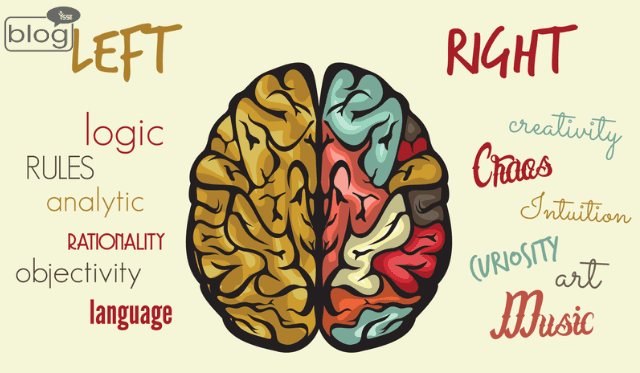Everyday we are constantly using our brains to perform simple and complex tasks. We do so unconsciously,meaning we don’t even have time to think about tasks like processing information or analyzing problems,we just do it.The is all thanks for our cognitive abilities .
This blog will explain the idea of cognitive well-being and mental wellness, and proposition a few introductory hints on the best way to create and keep up with this significant part of well-being and prosperity for you.
What Is Cognitive Wellbeing and Development?
The condition of mental and cognitive health, which involves many aspects of cognitive functioning like memory, attention, reasoning, problem-solving, and decision-making, is referred to as cognitive well-being. It refers to the general standard and functionality of a person’s cognitive processes and abilities.
Cognitive development starts in the earliest stages and youth and goes on all through your life. Your mind learns and develops as you age — an interaction called brain adaptability. The more you train your psyche through objective setting and ability mastering, the more honed your cerebrum becomes. Research suggests the greater your cognitive ability, the better your performance.
Greater intellectual ability or high cognitive performance, often known as “peak brain performance,”But cognitive performance isn’t just about being smart or intelligent. It’s also about being able to effectively process and use the information you take in. So another important aspect of high cognitive performance is executive function skills. This includes things like planning, task flexibility, inhibitory control (i.e., self-control), and working memory capacity.
Cognitive processes come in many different forms. They consist of:
- Attention
- Learning
- Language
- Perception
- Memory
- Thought
The factors that influence cognitive abilities:
Understanding the complexities of mental cycles is principal in getting a handle on the intricacies of human idea and conduct. These cycles, impacted by a heap of elements, shape how we see, depict, and interface with our general surroundings. Among these impacts, age remains as a huge determinant, with research demonstrating a continuous decrease in mental capability over the long run. As people age, they might encounter a bunch of mental changes, including diminished processing speed and memory recall challenges.
Executive functions:
- Working memory
- Mental flexibility
- Self-control
The reality is that cognitive training may or may not work, but engaging in mentally stimulating activities is always a good thing. Finding ways to challenge your brain may help you feel sharper now and protect your brain as you age.
If you want to try more general mental training designed to improve overall brain fitness, you might want to focus on doing mental exercises on your own. Some brain-boosting activities that might be helpful include:
- Do math in your head
- Draw a map from memory
- Learn a new language
- Learn how to play an instrument
- Memorize lists and test your recall
- Play Sudoku
- Put together a jigsaw puzzle
In addition to such cognitive training, there are other things that you can do to help take care of your brain. Activities that can improve your brain health include getting regular exercise being socially active, and meditiating.
For more such blogs click here.
Writer :
Srabonti Chakma
Intern,
Content Writing Department, YSSE.

